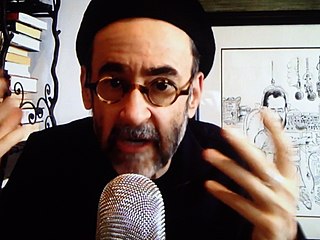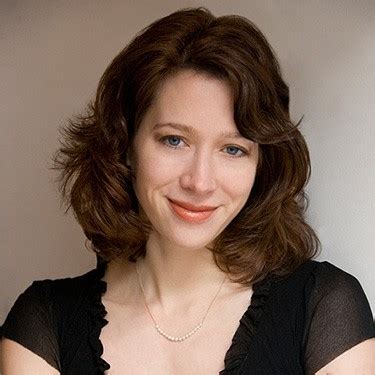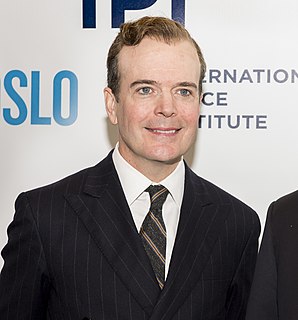A Quote by Philip Kitcher
Part of my methodological approach is made explicit when I discuss ways in which literature can have philosophical significance. Literature doesn't typically argue - and when it does, it's deadly dull. But literature can supply the frame within which we come to observe and reason, or it can change our frame in highly significant ways. That's one of the achievements I'd claim for Mann, and for Death in Venice.
Related Quotes
One of the things I want to do in the book is to explore how philosophy can be done in literature. I start doing that in the first chapter, by introducing the idea of "philosophy by showing". What literature/philosophy shows is how to look at some important facets of life in a new way, thus changing the frame in which subsequent philosophical argument proceeds.
I see no reason in morality, why literature should not have as one of its intentions the arousing of thoughts of lust. It is one of the effects, perhaps one of the functions of literature to arouse desire, and I can discover no grounds for saying that sexual pleasure should not be among the objects of desire which literature presents to us, along with heroism, virtue, peace, death, food, wisdom, God, etc.
Literature cannot develop between the categories "permitted"—"not permitted"—"this you can and that you can't." Literature that is not the air of its contemporary society, that dares not warn in time against threatening moral and social dangers, such literature does not deserve the name of literature; it is only a facade. Such literature loses the confidence of its own people, and its published works are used as waste paper instead of being read. -Letter to the Fourth National Congress of Soviet Writers
Perhaps the chief cause which has retarded the progress of poetry in America, is the want of that exclusive cultivation, which so noble a branch of literature would seem to require. Few here think of relying upon the exertion of poetic talent for a livelihood, and of making literature the profession of life. The bar or the pulpit claims the greater part of the scholar's existence, and poetry is made its pastime.
































